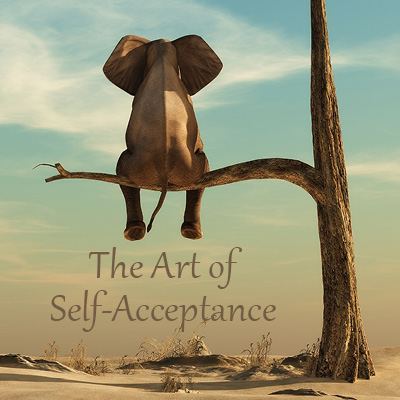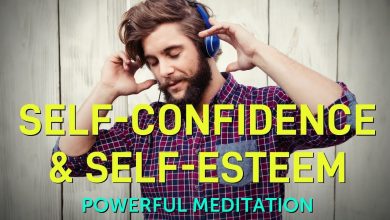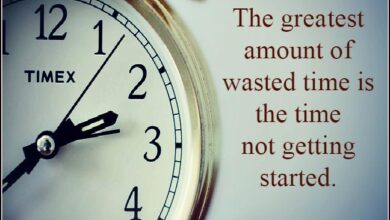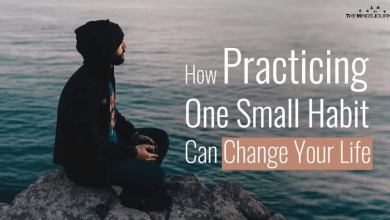
Self-Acceptance Is The Key To Life Transformation
Self-acceptance is the key to life transformation. It is the very first step in creating whatever the mind and heart of man may desire to create. It is the very foundation of lasting happiness and fulfilment. It is the very first step that leads man directly to his Maker, for without self-acceptance man is thrown back and unemployed.
Self-acceptance is the key to finding peace. The ability to allow go of the past and the future is a wonderful experience that releases stress, anxiety and tension. The ability to face challenges with courage and confidence is a source of strength and encouragement. Self-acceptance helps us to deal successfully with the many difficulties that we are likely to face in our lives.
Sometimes, in the course of our lives, we find ourselves saying yes to things, which create tension in us. As we think of them, or about them, we wonder why we keep allowing ourselves to make the same bad decisions. Dwelling on the decisions we make can create a cycle of negative thinking and resisting the urge to say no can just keep adding to the tension we are experiencing.
The desire to be successful is important to most of us. We want to be the best husband, or provider for our family, or the best at our job. We want to make the best cakes or be the best mother or wife. Our self-esteem is often dependent on how we think others think about us. Our struggle to achieve great things in our life is often the result of a desire to feel accepted by others as a means of feeling self-accepted.
Even the most self-confident of people have their insecurities about themselves. People with famous faces often resort to facelifts and heavy use of make-up to protect their public image. Being insecure is not a failing, but part of our humanity. When those insecurities begin to drive our decisions and our choices, then we risk making poor decisions and creating inner tension and negative self-talk.
To help develop a strong sense of self-acceptance, it is important to ask ourselves about the intentions we have in making our decisions and what our motivations are in accepting them. Sometimes the good decisions we make, aren’t the best. Instead, they reinforce the cycle of trying to find self-acceptance by first experiencing the acceptance of others.
Taking an inventory of our dreams and strengths is essential to breaking this cycle. Our value and worth aren’t dependent on who others think we are, but on what we think of ourselves. As we get in touch with and enjoy the person we are, we can make life decisions that contribute to and enhance our self-image and in the process, we find others accept us.
The cycle is reversed when this happens. When we accept ourselves, we begin to learn how to be self-confident and generous in our acceptance of others. We find ourselves being naturally accepted by others for who we are and not for what we do.
As we become more accepting of ourselves, we naturally become more accepting of others. A hug, smile or kind words are far more appreciated by the person than criticism or judgment. Think of a time when you complimented someone, and how much better it made the recipient feel? How many times has your loved one, upon hearing those comments, thought to themselves “I wonder what that person was thinking – that’s so kind of him or her.” Or “Wow, he or she is just perfect – I wish I was like them.”
Those thoughts are seeds of self-love, seeds that grow and flourish into gardens of happiness and compassion. They provide us with inner solace when we realize that we cannot always be our best selves, but that there are people who love us despite our flaws and imperfections. Our self-acceptance then becomes an important part of our overall self-love.
Self-acceptance does not mean that we should hate or fear ourselves. Far from it. Rather, self-acceptance means that we can love ourselves enough to appreciate what we have and to change ourselves for the better. If we can learn to embrace all that we are and all that we do, then perhaps the true Self is already within us.




